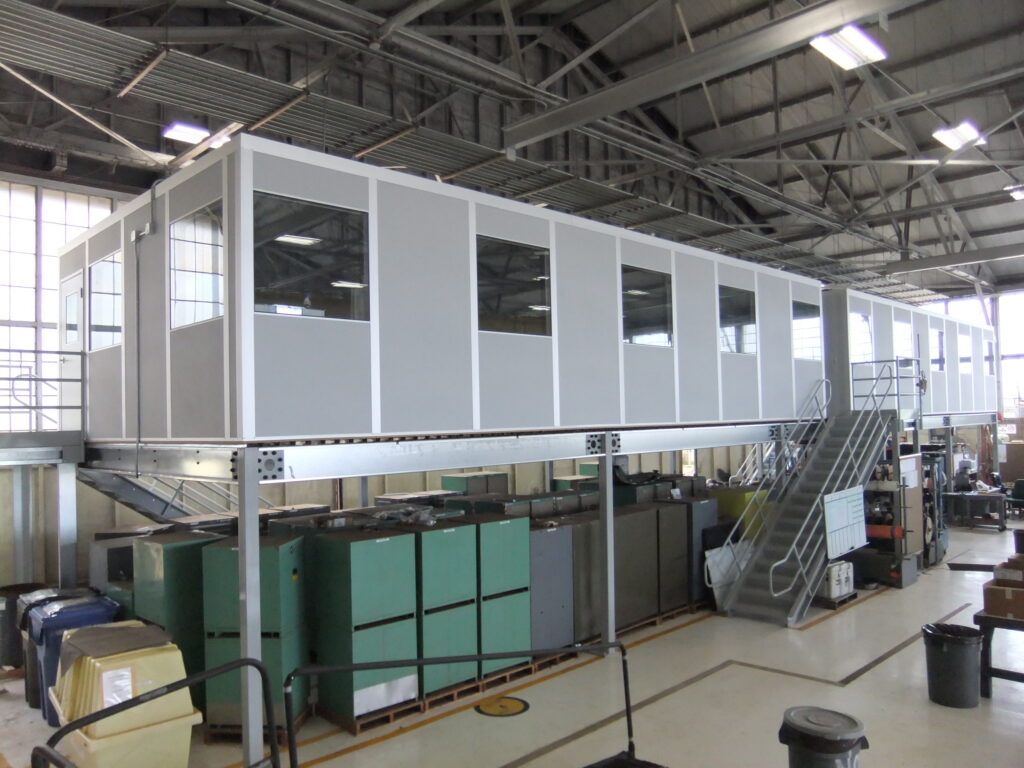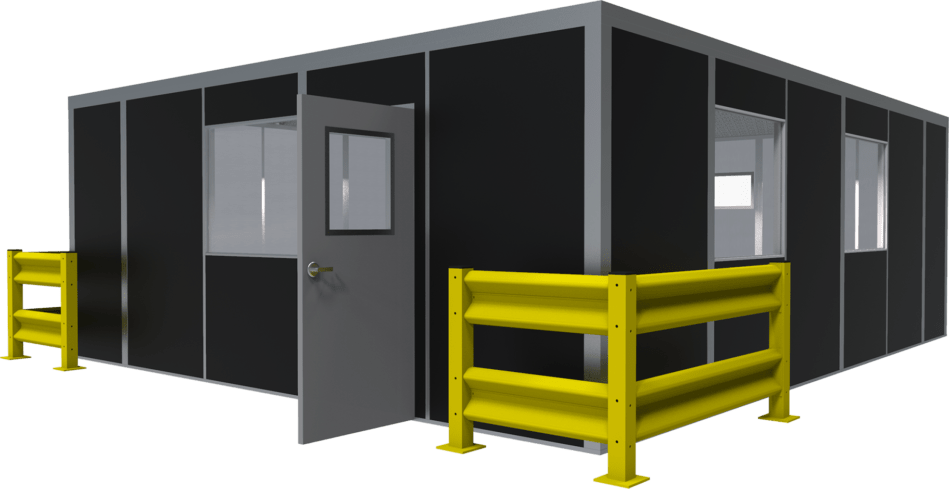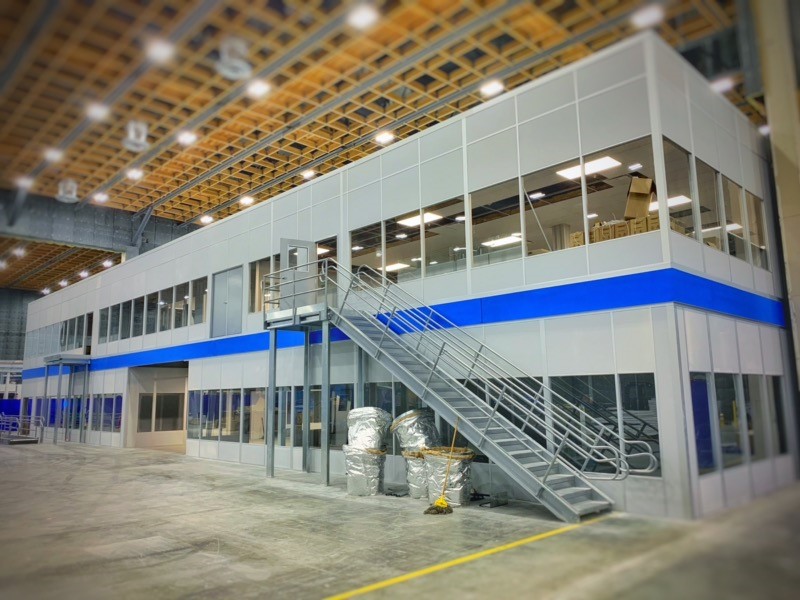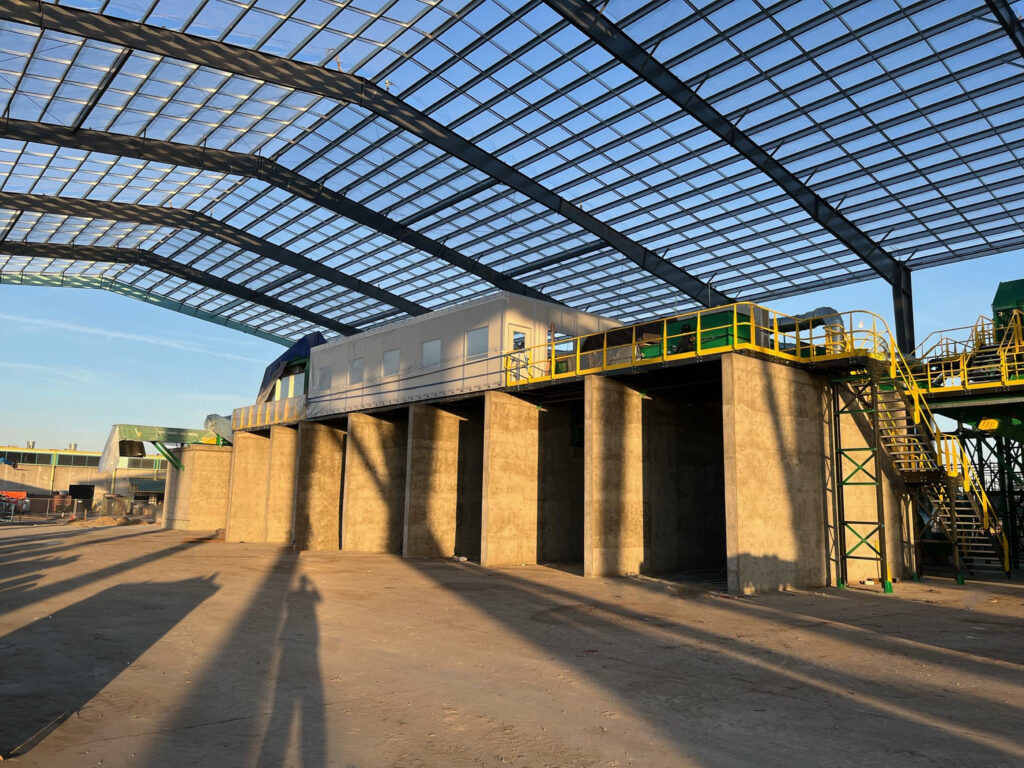Modular construction is often considered sustainable for several reasons:
- Efficient Material Use: Modular construction takes place in a factory setting, which allows for precise control over material use. This reduces waste, as excess materials can be recycled or reused for other projects. Traditional construction methods may involve more cut-offs and waste due to the less controlled environment.
- Reduced Site Disturbance: Since most of the construction happens off-site, there is less disturbance to the building site. This minimizes the impact on the surrounding ecosystem and reduces the carbon footprint associated with transporting workers and materials to and from the site daily.
- Energy Efficiency: Modular buildings are designed to fit together tightly and securely, which can lead to better-insulated homes and buildings. This improved insulation can reduce the energy needed for heating and cooling, leading to lower energy consumption and costs over the building’s life.
- Longevity and Flexibility: Modular buildings are designed to be durable and, in many cases, can be disassembled and relocated or repurposed. This flexibility extends the life of the modular units and reduces the need for new materials.
- Reduced Construction Time: Modular construction can be significantly faster than traditional construction methods because it is not subject to the same weather delays, and multiple modules can be constructed simultaneously. This efficiency reduces the overall carbon footprint associated with the construction process.
- Improved Indoor Environmental Quality: Modular construction often incorporates materials and building practices that improve indoor air quality. The controlled factory environment reduces the building materials’ exposure to moisture and mold during the construction process.
While modular construction presents many sustainable advantages, the sustainability level can vary depending on specific practices, materials used, transportation distance of the modules, and the building’s design and operation.




